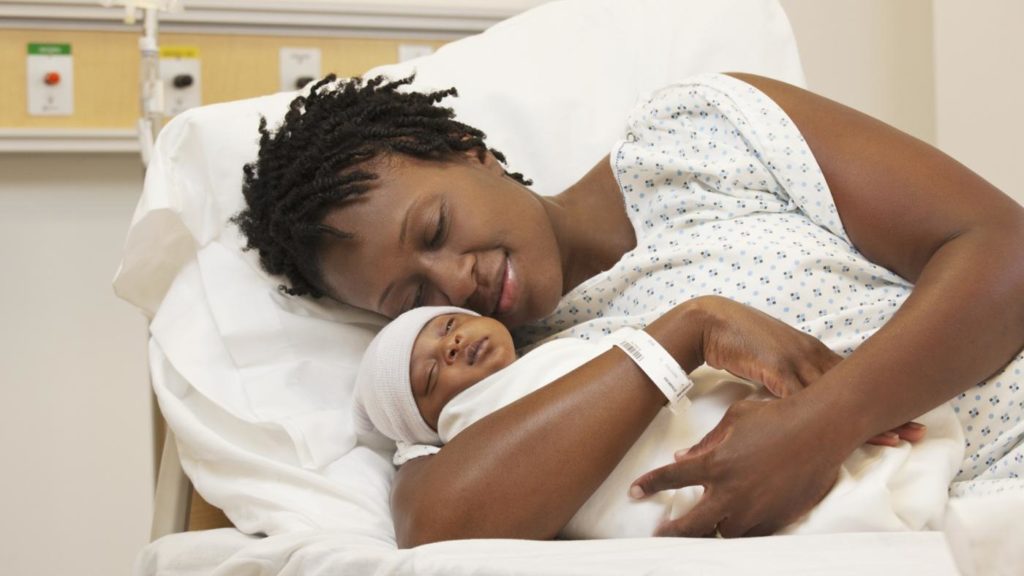
Pregnancy and Your Mental Health
It can be a very exciting time, finding out you are pregnant, but it can also make you feel uncomfortable, worried, unwell and make you wonder how you are going to cope. It doesn’t stop when the baby arrives. Some mums find it easy to adjust to life with a new baby, but others don’t!
In all sorts of ways, pregnancy changes your body. Morning sickness, backache, headache, leg cramps, itchiness, varicose veins, constipation, indigestion, hemorrhoids and vaginal discharge are some of the realities of pregnancy. And not surprisingly, they can affect how you feel about being pregnant.
For some women, there’s the worry of what lies ahead. Maybe you didn’t plan your pregnancy; maybe you’re worried about how a new baby will affect your relationship or maybe you’re apprehensive about childbirth.
These are all common worries and you may feel some or all of these things during your pregnancy. But if these feelings of worry, sadness or anxiety start to affect your life, it may be something more serious, like perinatal depression and anxiety.
If you are pregnant and have a pre-existing or a past mental health condition the good news is that with treatment and support, you are likely to have a healthy pregnancy and baby. The most important thing is to talk about it – tell the health provider managing your pregnancy about your mental health condition, also tell your mental health care provider that you’re pregnant. Together, they can help you manage your mental health during pregnancy.
Having a baby is a very emotional time, but being a mum is also a hard work. You may be sore after the birth, not getting enough sleep, overwhelmed by your new baby and feeling worried about being a good mum. You might have unrealistic expectations of new motherhood, and you might find it hard not having much time to yourself.
You may have heard about the baby blues. Up to 80% of women feel teary, overly sensitive, irritable, moody or overwhelmed after giving birth, often between day three and day ten after birth.
Changes in hormone levels are to blame and these feelings usually pass within a few days. Usually, you don’t need any treatment, just support, and understanding, but if these symptoms continue beyond the early days, it may be a sign of something more serious, like depression or anxiety. If these symptoms last for more than two weeks, it’s time to get some help, and the sooner you see someone, the quicker you’ll start to feel better.
Postnatal depression can occur between one month and up to one year after a woman gives birth to a baby. Postnatal depression is a common mental health condition, affecting up to one in seven women giving birth in America.
It’s not just new mums or mums-to-be who can feel anxious and apprehensive. Welcoming a new member of the family can also be a complicated time for fathers or partners, who may worry about being a good father and partner, how they will deal with the added responsibilities or how a baby will affect their lifestyle.

